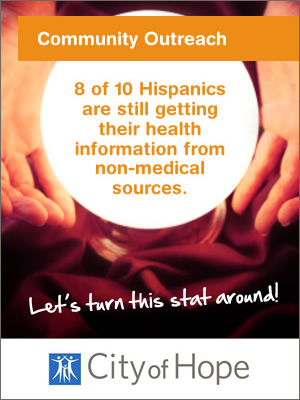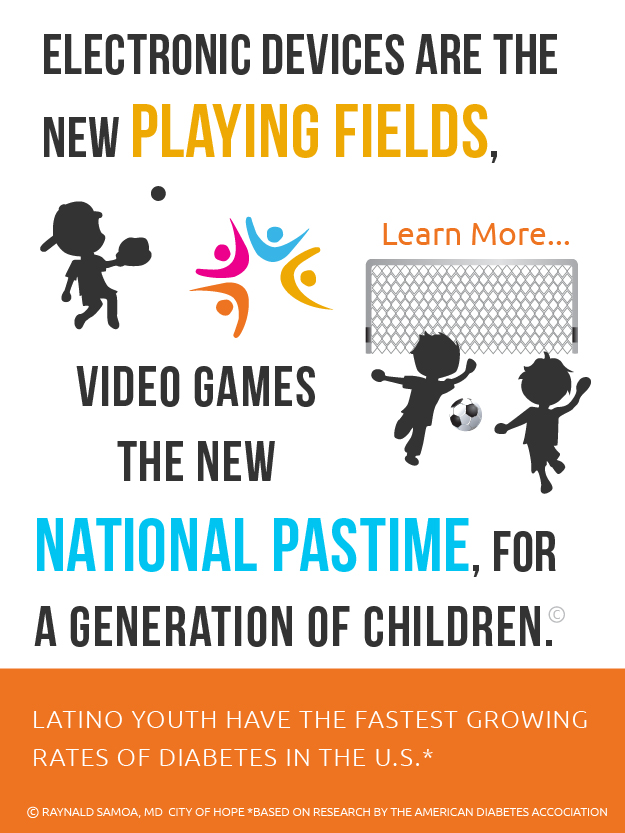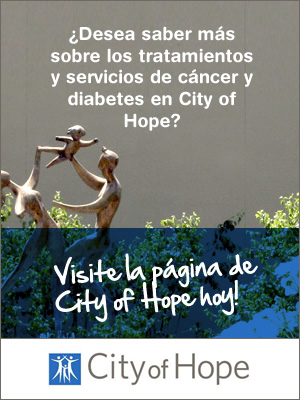
There Are 5 Social Determinants of Health-Here's What That Means, and How They Influence Your Care
08/27/2021 06:00AM | 3112 viewsBy Korin Miller
Your workplace, your social life, and the neighborhood you live in all have a powerful effect on your health. Taking these and other factors into account is what culturally competent care is all about.
Wellness has typically been viewed in terms of diet, exercise, and, more recently, mental health. It's easy to assume that if you're taking care of these elements, your overall health is in good shape. While that can be true on one level, other factors also go into determining how healthy you are, things you may not have given much thought.
An important group of factors getting more attention lately are the social determinants of health. You can't calculate them as easily as, say, how many cups of veggies you should eat in a day. They're the things within your social and physical environment that shape the healthy practices and habits of your upbringing and day-to-day life. Though you may not consciously think about them, they have a powerful influence.
"Social determinants matter when it comes to health, because they directly impact someone's health and their livelihood," Renã A.S. Robinson, PhD, an associate professor of chemistry and health care disparities researcher at Vanderbilt University, tells Health. "Our health consists of our physical, mental, and emotional well-being, and social determinants can, in many cases, have negative impacts on all of these aspects of someone's health. In worst cases, social determinants can lead to decreased lifespans and early death."
If you've never heard of social determinants of health before, don't fret-it's a relatively new term that's become part of the conversation about resolving health inequities and strengthening the case for culturally competent health care. Here's what you need to know, why these factors matter, and where to find a doctor or provider who will take your social determinants into consideration.
What does 'social determinants of health' mean?
The Centers for Disease Control and Prevention (CDC) defines social determinants of health as "conditions in the places where people live, learn, work, and play that affect a wide range of health risks and outcomes."
"These social determinants include the physical environment, including housing, air and water quality, social and economic factors, and human behavior," Henry Louis Taylor, Jr., PhD, director of the Center for Urban Studies at the University at Buffalo, tells Health.
Social determinants tend to be clustered in neighborhoods where people live, Taylor says, and that can impact behaviors like tobacco use, diet and exercise, alcohol and drug use, and sexual activity. "Thus, neighborhood quality is the critical variable in understanding how social determinants affect health outcomes," he says.
Social determinants of health often have racial divides, and experts believe this to blame in part for the racial health disparities many Americans face. For example, Black, American Indian, and Alaska Native women older than 30 are approximately four to five times as likely to die in childbirth than white women in the US, per CDC data. The data also shows that the numbers of Hispanic, non-Hispanic Black, and non-Hispanic American Indian or Alaska Native people who have died from COVID-19 is out of proportion to the number of people in these racial and ethnic groups in the total US population. Black Americans are also 30% more likely to die from heart disease than non-Hispanic whites, according to the Office of Minority Health within the US Department of Health and Human Services (HHS). Black adults in the US are nearly twice as likely as white adults to develop type 2 diabetes and 1.3 times more likely to have obesity than their white counterparts.
Historically, medical professionals have chalked these disparities up to genetic differences. But Jaya Aysola, MD, executive director of the Penn Medicine Center for Health Equity Advancement, tells Health this isn't an accurate explanation. "Decades of research has shown that there are structural and societal factors that explain diseases that are different and distinct from similar populations with similar ancestry," she says. "There is disproportionate cardiovascular disease and striking birth outcomes between Black and white women in America, for example. But when we look at data of descendants of slaves with common ancestors to those who migrated to the Caribbean, we don't see this burden."
What are the 5 different social determinants of health?
The CDC breaks down the social determinants of health into five categories:
Health care access and quality
The CDC describes this determinant as your ability to see a high-quality doctor, get important screenings, and be treated at a hospital when the need arises. If you lack insurance coverage to pay for a physician visit or don't have transportation to get to screenings when you're advised to get them, your health outcomes won't be as good as if you had easier access to these services.
"People who lack insurance and therefore have to pay for care out of pocket are more likely to avoid seeking screening or treatment, which means they will suffer worse outcomes such as more or worse symptoms, faster progression of illness, and in some cases, premature mortality," Dawne Mouzon, PhD, MPH, associate professor at the Rutgers Edward J. Bloustein School of Planning and Public Policy, tells Health.
Having health care access in your area is also important, Aaron Quarles, MD, an emergency medicine physician at Northwestern Medicine, tells Health. He gives the example of getting a gunshot wound in a neighborhood without a trauma center and needing to ride in an ambulance for a longer period of time to get care. "That means a lot in terms of being able to survive a gunshot wound," he says.
Education access and quality
The CDC describes this as the connection of education to health and well-being. It can include issues like graduating from high school, enrolling in higher education, language and literacy, and early childhood education and development.
"Living in a community with quality K-12 educational systems improves the odds of going to college, which matters because almost without exception, higher socioeconomic status leads to better health outcomes," Mouzon says. Getting a college degree makes people more likely to earn higher-paying jobs, which also are more likely to provide health insurance, she points out. "Those with higher levels of quality education also tend to have better health literacy, which makes it easier for them to understand and therefore act upon basic health-related information," Mouzon adds.
Social and community context
This social determinant focuses on the link between your health and where you live, work, and spend the majority of your time. It includes the cohesion within a community, your social support network of friends, family, and neighbors, civic participation, discrimination, workplace conditions, and incarceration, the CDC says.
"Certain communities are disproportionately impacted by stressors such as discrimination, racism, systemic racism, social injustice, microaggressions, and hate crimes," Robinson says. "These stressors over a short time-and especially a long lifetime-can lead to changes in the body that result in disease and poor health outcomes."
"Several studies have shown that stress, for example, leads to high inflammatory levels, which increases risk for conditions such as hypertension and Alzheimer's disease and lead to shorter lifespans," she points out.
People can be exposed to these stressors at their job, on the playground, and even at the grocery store; it could be in the form of hearing racially charged comments at work, not being able to exercise because there's no safe place to be outside in the neighborhood, or lacking access to quality food, Robinson says.
Economic stability
The CDC describes this as the connection between your health and your financial life like income, cost of living, and socioeconomic status. Poverty, employment, food security, and housing stability are included in this determinant.
"If people have low income, every spending decision is major," Taylor says. "Do I go to the doctor, where I have a co-pay, or do I buy food? Do I buy orange juice, which costs $3, when I can get fruit drink for $1?" These decisions, which are based on financials, can end up directly impacting a person's health, he says.
"It costs money to remain healthy in American society," Mouzon says. "It is far easier and less expensive for someone to buy a fast food meal than to buy all of the ingredients to make a salad, which is also less filling than fast food. Likewise, a gym membership costs money, which makes it harder to exercise, especially in neighborhoods with few outdoor recreational options."
Neighborhood and built environment
This is the intersection between your housing, neighborhood, and environment and your health, the CDC says. It includes things like housing quality, access to transportation, neighborhood crime rates, and air and water quality.
"Many BIPOC communities face rent gouging for unhealthy housing where lead paint and rodent infestation are common," Taylor says. "Moreover, because so many people live on the edge, stress is toxic, and dangers are omnipresent."
Holding on to that housing can be a stressor as well. Harvard's State of the Nation's Housing 2020 report found that Black and Hispanic renters are twice as likely as white renters to be behind on housing payments and twice as likely to say they're at risk of eviction. Black renters in particular were the most likely to be struggling with rent payments. In 2019, 43% of Black households spent more than 30% of their incomes on housing compared with 25% of white households.
Robinson points to the Flint, Michigan, water crisis as an example of neighborhood and built environment factors, in which city residents-who are predominantly low income and Black-had drinking water that was contaminated with lead for five years. People complained of skin rashes, hair loss, and off-tasting water, but their concerns were often dismissed. The Michigan Civil Rights Commission later determined that the poor governmental response to the Flint crisis was a "result of systemic racism."
Air pollution can also be in this category. "Air pollution is often found in low-income, poorer and often minority communities and leads to poor health outcomes such as asthma, severe allergies, respiratory conditions, cardiovascular disease, and cancer," Robinson says.
Even zoning laws factor in. "If there are lax zoning laws in a community that allow for a high density of liquor stores or fast food stores but there is no supermarket where one can buy fresh produce, one's choices are constrained even if they want to make the healthiest choices," Mouzon says.
Where culturally competent care comes in
Finding a care provider who understands you and your social determinants is important, Dr. Quarles says. A doctor or other health care professional who knows to address health issues with your social determinants in mind-for example, what you can do to ease your asthma if the community you live in has poor air quality, or how you can get to diagnostic screenings on public transportation if none are offered in your community and you don't drive-will have a stronger effect on your overall well-being.
But, he admits, culturally competent care can be hard to find. "You can't necessarily Google it," he says. "But most health care systems will post pictures of their doctors and the languages they speak." You can also reach out to health organizations and ask questions. "You're allowed to advocate for yourself," Dr. Quarles says. "I've had many patient who, for cultural reasons, didn't want to see a male physician. That's OK."
Dr. Quarles says that people "shouldn't hesitate" to say things like "I'm a patient from an LGBT background and I'm interested in working with a physician who has a background in that." That is a "safe and reasonable thing to do for your health," he says.
Mouzon says that it's "admittedly much harder" for people to find medical care providers who have a particular race, ethnicity, or nationality "since most insurance plans don't report that information." Her advice: Ask for referrals from people in your local or cultural community. "People from one's church or neighborhood/community organizations often have trusted providers that can offer culturally competent care," she says.
The health care system as a whole needs to change, Lynne D. Richardson, MD, professor and vice chair of emergency medicine and co-director of the Institute for Health Equity Research at the Icahn School of Medicine at Mount Sinai, tells Health. "There's a disproportionate burden of health in this population," she says. "We have to ask why we've designed our system to systematically disadvantage one group over another."











Post your Comment
Please login or sign up to comment
Comments